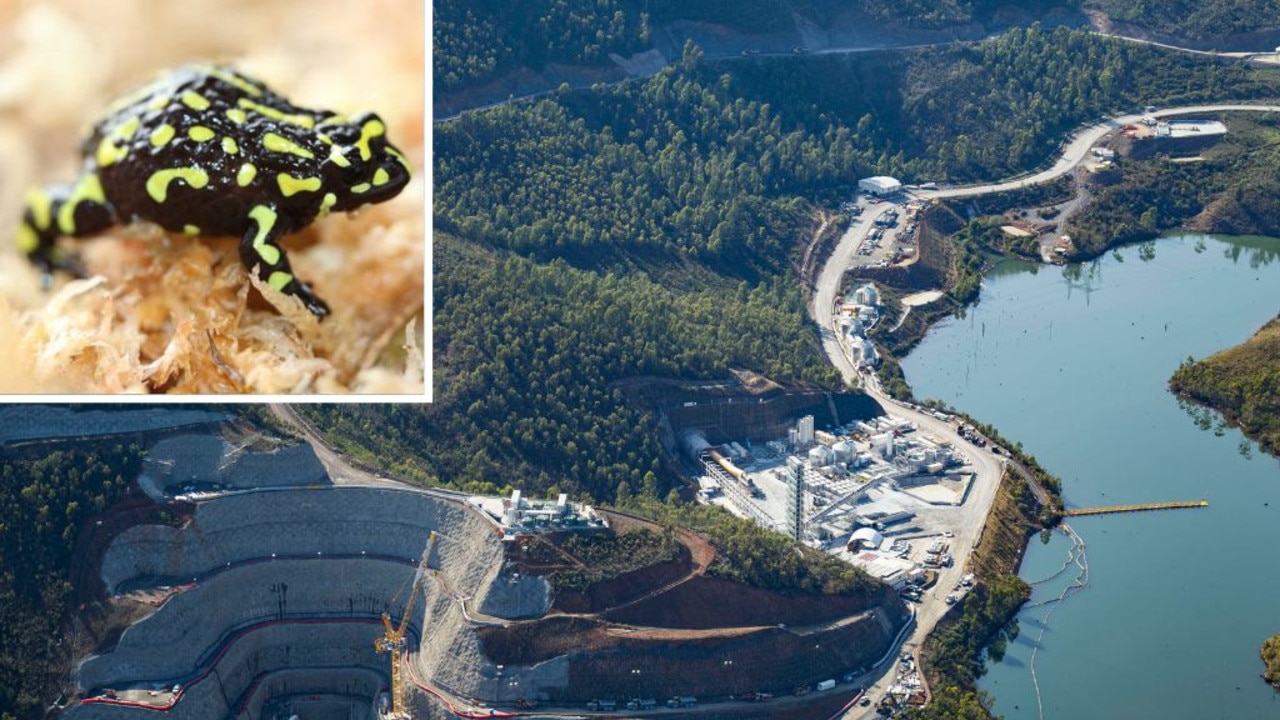Coronavirus vaccine tipped for early next year
The Australian who ran the opening round of human testing of a COVID-19 vaccine predicts an immuniser could be available by early next year.

The Australian scientist who successfully ran the opening round of human testing of a promising US COVID-19 vaccine predicts an immuniser could be available by early next year.
Paul Griffin expressed confidence that a viable vaccine would emerge after Maryland-based developer Novavax reported its prototype drug had sailed through phase-1 clinical trials in Melbourne and Brisbane.
In addition to showing that the experimental recombinant vaccine was safe to give to people, it generated one of the strongest immune responses yet to the coronavirus.
Dr Griffin is the principal investigator of the Nucleus Network, specialising in co-ordinating early clinical trials, and is also handling phase-1 testing of the University of Queensland’s molecular clamp vaccine.
“I am confident we will have at least one if not a few vaccines which are at least moderately effective,” he told The Australian. “The key determinant then of how well it works will be the vaccine uptake.”
Novavax’s protein-based formulation is one of only six of the 165 COVID vaccines in development globally to have reached this stage of validation. Of these, candidate vaccines from US biotech firm Moderna, Oxford University and Chinese state-owned company Sinopharm are now in make-or-break phase-3 testing involving tens of thousands of people.
The Australian clinical trial of the Novavax vaccine showed that people who received two doses three weeks apart had neutralising antibody levels roughly four times higher than a group of 32 patients who had recovered from COVID-19.
Describing the preliminary results as “extremely exciting”, Novavax president Gregory Glenn said the candidate drug had induced the strong functional immunity required to overcome the highly infectious virus.
US virologist John Moore, of Weill Cornell Medicine at Cornell University, told the New York Times that the phase-1 results were the most impressive he had seen.
Dr Griffin’s prediction that the Novavax vaccine could be available for limited release between the new year and mid-2021 is in line with the timetable set out by the UQ team for their molecular clamp immuniser, also protein-based.
This is contingent, however, on both prototype drugs clearing phase-3 testing and securing approval — something no other new vaccine has done so soon. If that happened, medical personnel, nursing home residents and people in other vulnerable groups could be given special access to a vaccine early next year.
Dr Griffin said a moderately effective immuniser would protect between 50 and 70 per cent of those receiving it. “But once we got through the phase-3 trials it is not as if we would be in a position to vaccinate the world’s population the following day,” he cautioned.
“Obviously, that would happen in a staggered way … we would probably start with people who might gain the most benefit, such as healthcare workers and the vulnerable, people in aged-care settings, and hopefully trickle down to the rest of the population. I think we will be in a situation to have the vaccine used under special circumstances by early to mid-next year … and to everybody else within six to 12 months thereafter.”




To join the conversation, please log in. Don't have an account? Register
Join the conversation, you are commenting as Logout